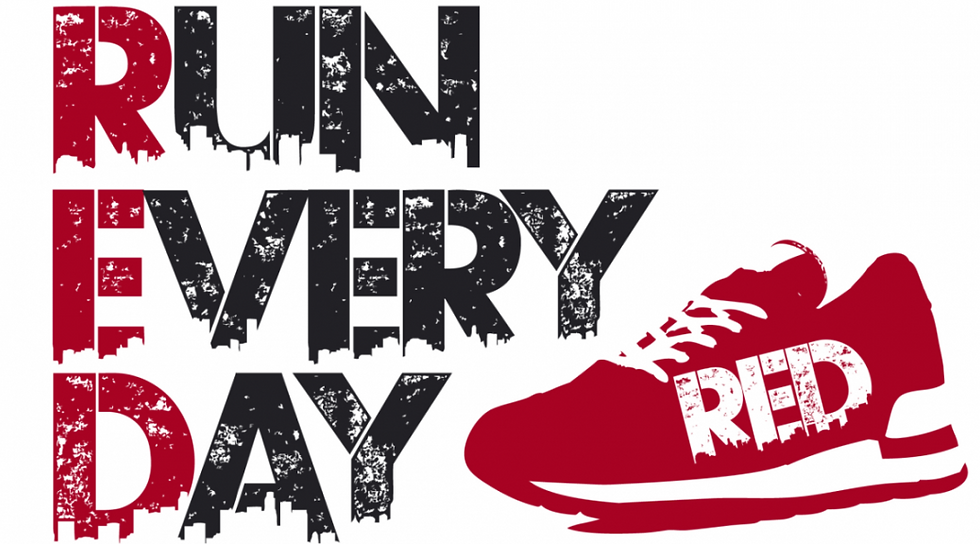Training Diaries in a world of GPS
- Alexa

- Jan 14, 2020
- 2 min read
I’ve been thinking about training diaries recently, it’s something I use (electronically) with all the runners I work with on an ongoing basis to get the best out of them as a runner and me as a coach.
I was inspired by Eliud Kipchoge’s tweet on New Years Eve, about a new year meaning he started a new paper training diary, to get thinking more about the value of a training diary, especially in a GPS and data obsessed world.

The numerical data we gather about our running is, of course, useful. Time, distance, pace, elevation, heart rate, cadence etc are all great stats. Our watches are coming up with more abstract stats that aren’t directly captured from your run, and are more an estimate from comparing your actual data with a data bank they purchased. That’s a topic for another blog post! Compared to when I started running armed with a stop watch and a rough estimate of the distance of my route, from a map, the website “map my run” or driving it in my car(!) things have come on a long way and pace and heart rate in particular for me as a coach have given a great extra level of detail and useful information.
The training diary, however, captures more than that. It focusses in on “qualitative data”; so more description, not just numbers. I start with an open question about each run; how did it go? I encourage the runner to write as much as they can in answer to that question and once the coach/runner relationship builds I start to pick up on things like language, words used and trends. This can help me pick up on things like whether speed sessions in the morning work for this runner, whether stress levels at work are having an impact on life, health and running, how the shorter daylight hours in winter impact this runner; all sorts of things!
I also work with runners to include different information to track in the training diary, this varies a lot person to person and alongside personality, goals and the way people work. Some examples are;
- what was eaten before and during a long run
- soreness levels when returning to running post injury
- energy levels throughout the day
- how the run felt during the run vs afterwards
- anxiety levels or nerves
We are all different, and we are certainly not purely defined by our GPS watch/app data. So try keeping a training diary in 2020, you’ll certainly learn more about you and your running!







Comments